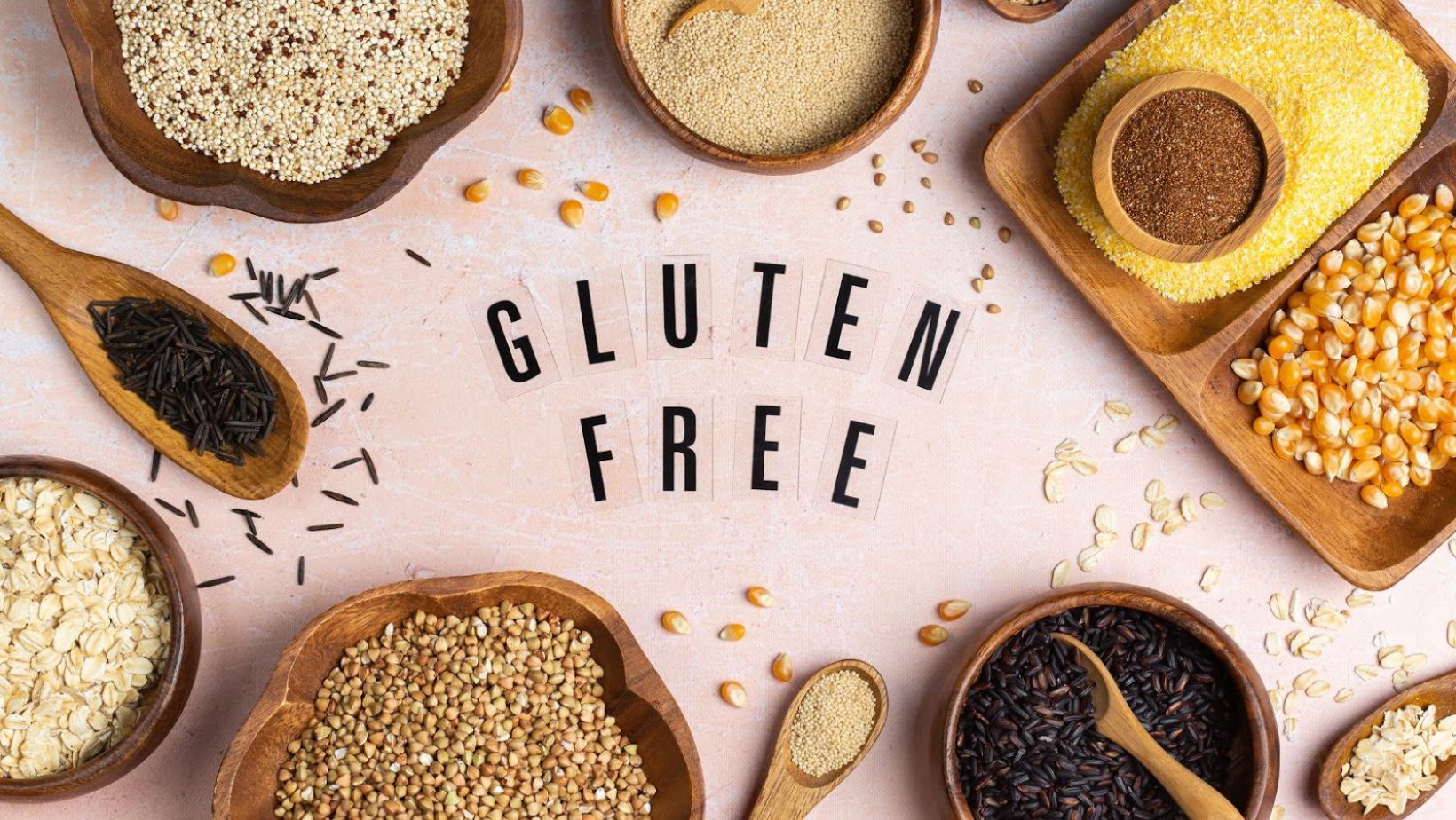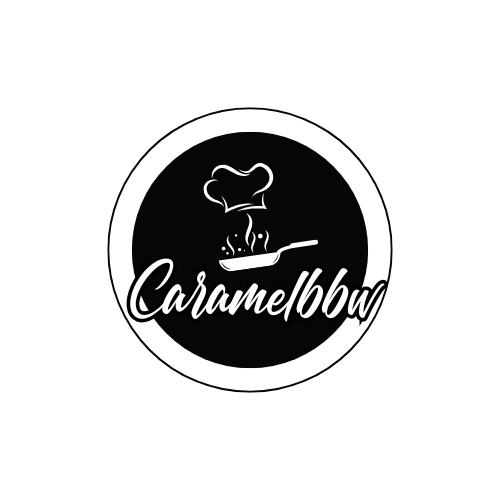
Living Your Finest Life Without Wheat: A Fresh Take on the Gluten-Free Lifestyle
In a world increasingly conscious of what goes on our plates, the gluten-free lifestyle has emerged as more than just a passing trend—it’s a fundamental dietary shift for millions. Whether driven by medical necessity or a desire for better health, going gluten-free is reshaping how people eat, shop, and live. But what exactly is gluten, and why are so many saying goodbye to it?
What is Gluten and Why Does it Matter?
Gluten is a protein found in wheat, barley, and rye. It acts as a binding agent, giving bread its chewy texture and helping foods maintain their shape. While gluten is harmless for most people, for others it can trigger serious health issues. Those with celiac disease, for instance, suffer immune reactions that damage the small intestine when gluten is consumed. Others may experience non-celiac gluten sensitivity, with symptoms like bloating, fatigue, or brain fog despite not having celiac disease.
Even beyond medical diagnoses, a growing segment of the population finds that reducing or eliminating gluten from their diets helps them feel more energetic, less bloated, and mentally clearer. That’s why the gluten-free movement is not only a matter of necessity for some, but a choice for many.
Who Needs a Gluten-Free Diet?
The most obvious group that requires a strict gluten-free diet are people with celiac disease. According to the Celiac Disease Foundation, about 1 in 100 people worldwide suffer from this autoimmune condition, though many remain undiagnosed. For them, even trace amounts of gluten can cause lasting harm. People with non-celiac gluten sensitivity—while not facing the same intestinal damage—often report significant improvement in symptoms when they eliminate gluten from their meals. Furthermore, those with wheat allergies may also benefit from gluten-free diets, though their condition is different in nature.
While some embrace this lifestyle out of medical necessity, others adopt it for the perceived health benefits: reduced inflammation, better digestion, improved skin conditions, and increased energy levels. If you’re considering a transition, sites like Great Without Gluten provide valuable insights, recipes, and product reviews to support your journey. It’s a trustworthy resource that empowers individuals to thrive without compromise.
Benefits of Going Gluten-Free
Although originally designed for people with gluten-related health issues, many others now report enhanced well-being after eliminating gluten. Here are some commonly cited benefits:
- Improved Digestive Health: Reduced bloating, gas, and irregularity.
- Increased Energy Levels: Many people report less fatigue and “brain fog.”
- Clearer Skin: Certain skin issues like eczema may improve on a gluten-free diet.
- Reduced Inflammation: This is particularly beneficial for individuals with autoimmune conditions.
- Weight Management: Going gluten-free often encourages healthier food choices and increased awareness of food labels.
It’s important to note, however, that these benefits are more likely when a gluten-free diet is well-balanced and based on whole foods—not simply switching to processed “gluten-free” junk food alternatives.
The Lifestyle Beyond the Diet
Adopting a gluten-free lifestyle extends beyond what’s on your plate. It involves learning how to navigate restaurant menus, traveling with the right snacks, reading labels vigilantly, and understanding cross-contamination risks. Social settings and family gatherings can also pose challenges, making preparation and communication essential.
Fortunately, the rise in awareness has led to an explosion of gluten-free products and services. From pasta made of lentils and rice flour to bakeries offering delicious gluten-free bread, choices are expanding fast. Apps and websites dedicated to gluten-free living—such as Great Without Gluten—make it easier than ever to stay informed and inspired.
Restaurants and cafes are increasingly catering to gluten-free patrons. Many now have dedicated preparation areas or mark their menus clearly.
Always speak with staff about your needs, and when in doubt, opt for naturally gluten-free meals like grilled proteins, vegetables, rice, or potatoes.
Tips for Thriving Gluten-Free
If you’re just starting your gluten-free journey, here are some tips to help you thrive:
- Focus on Whole Foods: Fresh fruits, vegetables, meats, fish, eggs, dairy, nuts, and legumes are naturally gluten-free.
- Read Every Label: Gluten can hide under names like malt, spelt, or hydrolyzed wheat protein.
- Stock a Gluten-Free Pantry: Keep essentials like rice, quinoa, corn tortillas, and gluten-free flour blends on hand.
- Try New Recipes: Explore ethnic cuisines like Thai, Mexican, and Indian, which often include naturally gluten-free dishes.
- Join Support Groups: Whether online or local, these communities provide encouragement, product suggestions, and shared experiences.
Final Thoughts: Is Gluten-Free Right for You?
While a gluten-free diet is essential for those with celiac disease or sensitivity, it’s not necessarily a cure-all for everyone. If you suspect gluten may be affecting your health, consult a healthcare provider for proper testing before making dietary changes. That said, the rise of gluten-free resources, products, and communities has made the lifestyle more accessible and enjoyable than ever.
Whether you’re in it for health, necessity, or curiosity, the gluten-free world offers a pathway to mindful eating and vibrant living. With trusted support from platforms like Great Without Gluten, navigating this journey becomes less daunting—and a lot more delicious.



